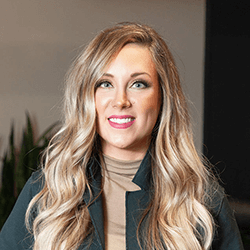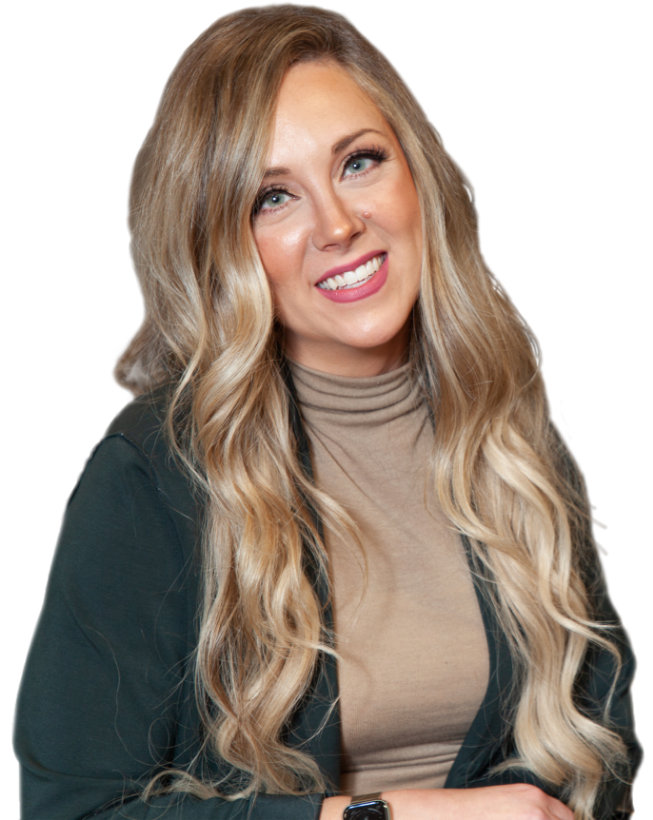Achieve Your Goals by Shifting Your Beliefs
In case you missed it, another year is in the books and 2020 has arrived! Did you commit to a resolution? Perhaps you vowed to learn a new skill or hobby. Maybe you’ve decided this is the year you’re finally going to get in shape. Spend more time with your family? Dedicate more time toward yourself and your well-being? Whatever the case, science says you’re 92% likely to fail. Bring out the confetti and kazoos. We’ve all set goals at some point and missed them. Failing to meet goals is not only frustrating but discouraging. It’s so discouraging that some people avoid setting goals altogether just to avoid the disappointment they may feel if they don’t reach them. Conversely, some people may avoid setting goals because they’re afraid of success. It sounds counterintuitive, but humans are creatures of habit and we tend to remain in the comfortable bubbles we have created. To some, setting a goal that will force that bubble to pop can be terrifying. Regardless of where you fall – failing to meet goals set in place, avoiding failure by not setting them, or fearing the outcome if you do reach your goals, it’s all in your head.
Did you know that we feel before we think? Our feelings began in our reptilian brain millions of years ago. The thinking functions of the brain didn't come about until millions of years after, when we developed frontal lobes called “the executive functions”. The sensate system of the reptilian brain, where the center of emotions is controlled, picks up giant amounts of data that force you to feel before you even realize you’re being affected. You’re familiar with this. I’m willing to bet there is a scent that has the ability to take you to a memory instantly. Even sounds such as sirens create emotion long before they create a thought. How do you feel when you hear someone’s ringtone that sounds just like your alarm? Suffice it to say, thoughts are dominated by feelings. All the goals you have ever come up with started with an emotion. But just as your emotions and feelings can motivate you – they can demotivate you.
Let’s revisit that alarm sound. How did you feel when your alarm went off this morning, to signal the beginning of another workday? Did you hit the snooze button fifteen times, and dream of all the excuses you could use for not going in? ("Is four flat tires too much?") What about when you reflect upon your quota for the year? Are you staring at that number, thinking there is no way you can achieve it? ("Unless I start selling gold-plated Ferraris, I'm not hitting that quota!") You can’t achieve your goals without first believing you’re capable of achieving them and that you deserve to achieve them. Emotions lead to thoughts. Thoughts lead to action. People who don’t achieve their fitness goals fail because they don’t believe diet and exercise will work for them and because they don't believe they have the willpower to commit to a different lifestyle. There are heaps upon heaps of data that prove diet and exercise DO work. There are more than enough books to back that data, and even explain the step by step process and behaviors to complete that will lead to success. We know it’s not the act of doing that causes failure. It’s the belief that YOU can’t do it. Eventually, that belief system will become a self-fulfilling prophecy.
If this is you, it’s time to break out your inner child. I’m not talking finger paints, forts, and living on ice cream like we all vowed to do when we were forced to eat disgusting parent provided dinners. (Although I’m not against it.) I’m talking about the belief you had that you could do or be anything. When you were five years old, you likely weren’t weighing your practical job options. You were going to be an astronaut or a police officer or a member of the circus - because why not? You could do anything! What has changed? We’re all six-year-olds in giant meat suits, so you’re likely still similar to the person you were at that age. All that’s changed is your experience and the beliefs you acquired from those experiences. Sometimes, people develop those beliefs based upon failures. They’ve poured their hearts into something and it didn’t work; therefore, they believe they’re incapable. You probably know that Thomas Edison invented the lightbulb. Did you know that he first made one thousand attempts at inventing the lightbulb? Yet, when asked “How did it feel to fail one thousand times?”, he responded with – “I didn’t fail one thousand times. The light bulb was an invention with one thousand steps.” It’s all about the attitude you have, and your belief in yourself to succeed.
If you don’t believe that you’re capable of smashing your 2020 goals, start believing. Determine what your current negative self-beliefs are. Start being proactive in changing those. Most likely, your beliefs are not based on reality. You do not have concrete evidence that you are unable to reach your goals. If I asked you to prove it to me, you couldn’t. If you’re able to lie to yourself and convince yourself of negative things, then start using your powers for good instead of evil. Take each of your negative self-limiting beliefs, and write down what that belief would be if the opposite were true. “I’m afraid” becomes “I’m fearless.” “I can’t” becomes “I can.” It may feel awkward at first. If it were easy, 92% of the population would succeed in accomplishing one thing they have decided to do over the course of 365 days. If you’re thinking the successful 8% were born predisposed to success, research says that they achieved those goals not because of who they were when they started, but because of what they chose to do. So pick up a pen, and reverse your negative self-talk. Start with this sentence: "I am part of the 8%."



